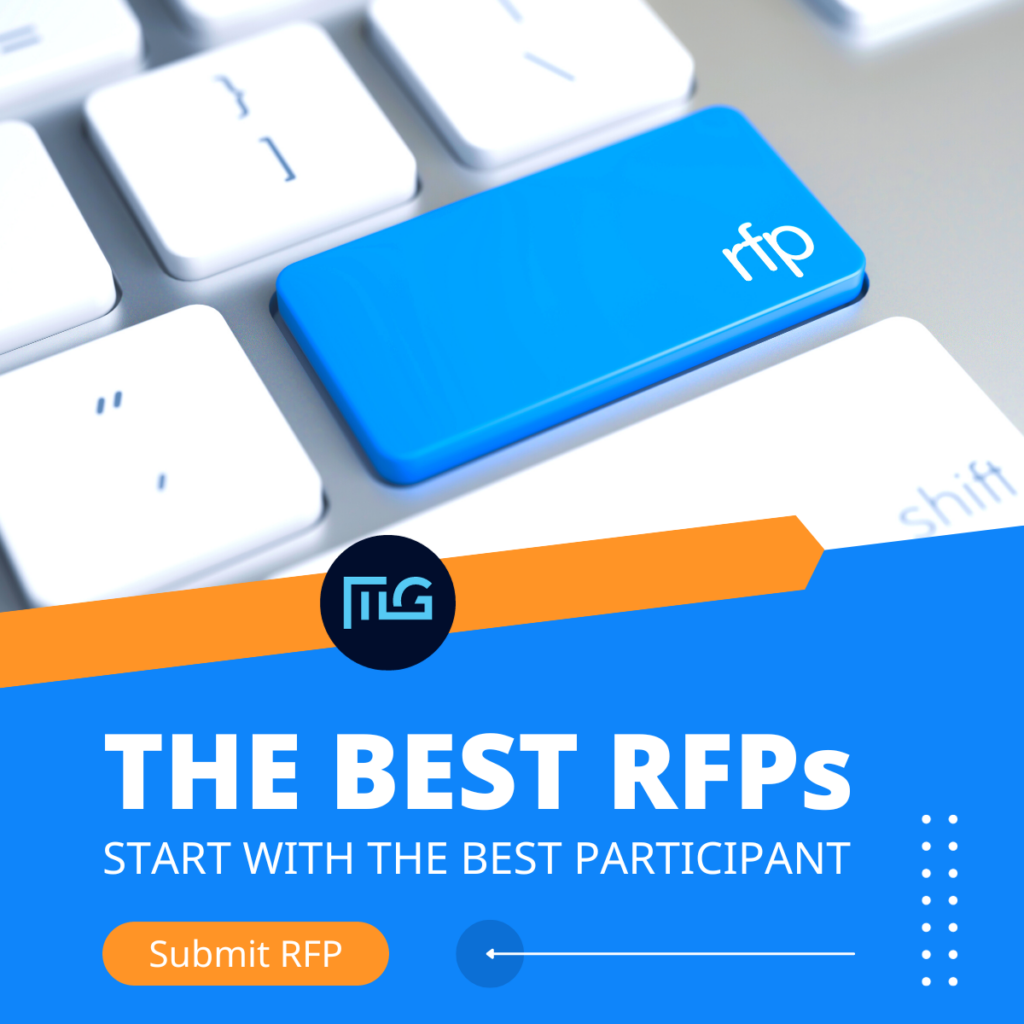What is a Partner Government Agency?
Partner Government Agencies (PGAs) ensure that importers and exporters comply with safety rules and regulations for commodities moving into and out of the U.S. economy at international ports of entry. Each Partner Government Agency enforces legislative and trade policy and has the power to take corrective and punitive legal actions.
Collaboration with CBP
CBP and the Partner Government Agencies police against everything from unsafe products and unfair trade practices to intellectual property theft. Using programs like the Customs-Trade Partnership Against Terrorism (CTPAT) AQUA Lane pilot program, the collaboration reduces market delays for sea-borne imports and offer tangible time and cost savings to compliant traders.
Partner Government Agency List and Roles
- Department of Agriculture (USDA)
USDA protects agricultural health and quality. APHIS fights off pests and diseases, FSIS checks that meat, poultry, and eggs are safe to eat, and AMS oversees marketing standards. FAS promotes U.S. agriculture around the world.
- Department of Health and Human Services (HHS)
HHS oversees public health. The FDA checks that drugs, medical devices, and food imports are safe and effective. The CDC focuses on disease prevention. CPSC ensures consumer products are free from potential hazards.
- Department of Commerce
This department manages economic policies and standards for imports. NMFS within NOAA protects marine resources. Office of Textiles and Apparel monitors textile imports for compliance with trade agreements.
- Department of Transportation
DOT regulates imported vehicles through NHTSA, which checks that all vehicles entering U.S. markets meet safety standards.
- Department of Justice
DOJ oversees controlled substances and firearms imports through ATF and DEA, maintaining compliance with U.S. laws and regulations.
- Department of the Interior
This agency manages natural resources and wildlife imports through the Fish and Wildlife Service, focusing on conservation and preventing harmful impacts on ecosystems.
- Department of the Treasury
Through TTB, the government regulates the importation of alcohol and tobacco, confirming that they comply with U.S. tax laws and regulations.
- Environmental Protection Agency (EPA)
EPA applies environmental laws to imports, such as chemicals and vehicles, protecting public health and the environment.
CBP’s Partner Government Agencies Import Guide, offers regularly updated resources for import regulations with each agency.
Discover how Partner Government Agencies are involved in Customs Compliance
5 Tips for Working with Partner Government Agencies
- Proper Classification: Categorize your imports correctly under the Harmonized Tariff Schedule (HTS). Getting this right means paying the correct taxes and avoiding delays.
- Documentation Accuracy: Dot your i’s and cross your t’s on all import paperwork – bills of lading, invoices, customs declarations, you name it. Mistakes here can lead to delays, fines, or even your goods being held at the border.
- Compliance with Regulatory Requirements: Keep up with the latest rules set by each Partner Government Agency. Rules change.
- Risk Assessment and Mitigation: Regularly check for any risks that might disrupt compliance. Fix them before they become real problems. For instance, scrutinize suppliers and validate testing before shipment.
- Engagement with Trade Partners: Work with customs brokers, freight forwarders, and regulatory consultants who help navigate the complexities of import regulations.
How MercuryGate Helps Customs Brokers Manage Customs Clearance
MercuryGate TMS offers module features and automation tools that enhance processes and reduce manual task load for customs brokerages.
- Automated Brokerage Interface (ABI) to Automated Commercial Environment (ACE) streamlines the submission of customs data, reducing the reliance on manual entries and accelerating the customs clearance process.
- Centralized Data Management organizes all customs-related information in one place, enabling easy access, retrieval, and analysis of data, which simplifies compliance and document management tasks.
- Comprehensive Compliance Tools are designed for compliance management tasks, such identifying and screening denied parties. Automated document management systems ensure all filings are up-to-date and in line with current regulations.
MercuryGate capabilities ensure accuracy and efficiency for customs brokers and self-filing importers using technology solutions for:
- 7501 Entry Summary.
- Transportation Entry & Manifest of Goods Filing.
- APHIS Core PGA Submission.
- Cargo Release Form 3461 Filing.
- Customs Duty Statement.
- Delivery Order Publishing.
- Document Image System (DIS) Publishing.
- EPA NOA Filing.
- FDA PGA Filing.
- Importer Security Filing (10+2).
- NHTSA PGA Filing.
- SIMP PGA Filing.
- USDA AMS Filing.
MercuryGate Global Trade Management Capabilities
- Global Sourcing: Address product integrity and compliance challenges, replace offline manual methods and rely on cloud-based technology applications.
- Product Integrity and compliance: Communicate product quality, safety, and compliance requirements, validate results, and improve processes.
- Import Clearance: Automation and visibility to support precise documentation, accurate duty calculation, and timely payment.
- Export Management: Automation and communication tools embedded in the platform enable businesses to best practices for exporting goods across borders.
- Trade Financing: International transactions between buyers and sellers are streamlined, allowing exporters to receive timely payments and importers to secure their goods.
With a suite of tools that span transportation management needs, MercuryGate TMS solves international logistics management with efficient and cost-effective business processes. From multi-currency conversion and real-time ocean freight visibility to extensive claims management and load optimization capabilities, MercuryGate technology simplifies shipping across all industries and modes.
Additional resources for Managing Global Trade with Partner Government Agencies
Access additional information about how MercuryGate supports global trade management:

